The nineteenth batch of the MPower Programme brought together 35 transport entrepreneurs at the premiere institute IIM-Ahmedabad. They left with key takeaways to improve commercial transportation, writes Ashish Bhatia.
The Indian transport industry, particularly the commercial vehicle sector, is evolving rapidly with technological advancements and financial structuring. Mahindra MPower, an initiative designed to empower youth transport entrepreneurs, is at the forefront of this transformation. The nineteenth batch of the MPower Programme brought together 35 transport entrepreneurs at the premiere institute IIM-Ahmedabad. Collectively managing 13,500 vehicles and a cumulative turnover of Rs.11,000 crores, stated Dr Venkat Srinivas, Business Head – Truck And Bus & Construction Equipment Division, Mahindra & Mahindra Ltd. This platform catalyses modernising family-run businesses, fostering leadership skills, and integrating innovative operational strategies, explained Prof. Debjit Roy, Ph.D. and the Founding Co-Chair Centre for Transportation and Logistics at IIM-A.
Breaking the debt cycle
One of the key challenges in the Indian transport industry is financial mismanagement, particularly among truck drivers and fleet operators. The MPower Programme introduced structured financial planning tools. For the programme this year, the best practices and takeaways included hiring mutual fund agents to educate entrepreneurs and drivers about wealth accumulation. Initiating SIP investments as a disciplined approach to savings. Shifting decision-making from impulsive choices to core value-based planning. Despite their ability to generate revenue, many drivers remain trapped in a debt cycle due to poor financial foresight. By instilling financial discipline, transporters can create a sustainable future for their employees while ensuring business profitability.
A human-centric approach
A significant takeaway from the MPower sessions was the importance of workforce respect and retention strategies. Key approaches adopted include addressing drivers as “pilots,” akin to airline professionals, to enhance their self-esteem and industry perception. Encouraging open discussions about emotions in the workplace, and recognising emotional agility as a crucial leadership skill. Ensuring no driver shortages by building a strong employer brand, offering better incentives, and prioritising driver welfare. With a fleet of 175 and 200 drivers on its payroll, one participant highlighted how these measures have helped in maintaining a steady and loyal workforce.
The Digital Shift: IoT, fast operations and security in trucking
The transport industry is experiencing a digital revolution. The integration of IoT in fleet management is enhancing efficiency, security, and cost-effectiveness. Participants shared insights into the growing adoption of dash cams for better monitoring and safety. Implementation of e-SIMs and GPS tracking to prevent fraud, particularly in Northeast India, where truckers face scams involving fake number plates and vehicle disappearances. Faster loading and unloading procedures, reducing downtime from hours to five to 10 minutes, thus improving turnaround time and fleet utilisation.
Lessons from the Shreeji Transport Case Study
One of the most eye-opening discussions revolved around operational cost management. Participants realised that while they were aware of their route costs, they lacked a structured optimisation strategy. Key cost factors identified included fuel consumption, labour and driver wages, vehicle maintenance, insurance, tolls, taxes and warehousing and administrative costs. By optimising these expenses, transport entrepreneurs can significantly improve their bottom line and profitability.
Branding & Service Excellence
Branding in the commercial transport sector is often overlooked. However, Mahindra MPower emphasised its importance through multiple case studies. The NTUC Orange Force – A Service Excellence Case Study highlighted how a business initially designed for fraud detection, the service evolved into a customer-centric initiative. Rapid response time (08:54 minutes) ensured immediate accident support. Data from service interactions was fed back into training modules, creating a continuous improvement loop. The concept of a “butler service” over a “waiter service” mindset reinforced customer delight and trust.
Agarwal Packers and Movers – Branding through Touch points was another case study that demonstrated how a business that initially overlooked a crucial touch point—the truck itself—since it was leased. By treating trucks as moving billboards, the company gained extensive brand visibility. This branding strategy led to one of the first buyback programs in the logistics industry.
Oberoi Hotels – The Power of Personalised Service brought out a novel approach. Employees have a monthly allowance of Rs.5,000 to delight customers. A memorable example shared was of an employee flying to Delhi to close a customer’s window, resolving their concern in a highly personalised manner. The “service memory” of a business is the sum of all customer touch points, reinforcing the need for impeccable service consistency.
 Emotional Intelligence and decision making in business
Emotional Intelligence and decision making in business
One of the most intriguing discussions delved into neuroscience and decision-making. Studies on the prefrontal cortex indicate that human decisions are not purely rational but heavily influenced by emotions. Insurance companies, for example, face a trust deficit due to hidden clauses. Businesses need to build trust by addressing customer pain points genuinely. Branding is about emotion—a well-established brand makes customers irrationally loyal, reducing their price sensitivity.
Future-Proofing the transport business
Spare parts inventory management was touched upon. Identifying order winners, designing value propositions, and choosing optimal buffer capacity is crucial for efficient fleet operations. The strategic management includes aligning organisational goals, identifying strengths, and mitigating risks through structured planning. Right brain activation encourages creativity, multitasking, and out-of-the-box thinking to foster innovation in logistics. The power of communication and delegation ensures seamless operations by empowering the workforce with clear roles and responsibilities.
Mahindra’s commitment to the transport community
Mahindra Truck and Bus Division (MTBD) reaffirmed its commitment to transport entrepreneurs. Tying drivers to companies through incentives and loyalty programs. Building world-class workshops for fleet maintenance. Expanding its iMaXX prognosis system, offering predictive diagnostics for enhanced uptime. Extending the Saarthiya Abhiyaan initiative to support transporters in scaling their businesses. The MPower Programme continues to be a transformational platform, shaping the next generation of transport leaders by providing the right tools, insights, and industry collaborations. As transport entrepreneurs navigate an ever-evolving landscape, structured financial planning, digital adoption, strategic branding, and human-centric leadership will be the key differentiators driving their success.
The road ahead
With structured learning, cutting-edge technology, and community-driven growth, Mahindra MPower is redefining the future of the Indian trucking industry. By equipping young transport entrepreneurs with the right skills, fostering a culture of continuous learning, and emphasising customer-centric operations, the initiative is setting new benchmarks in commercial transportation. As the industry accelerates towards a digital and sustainable future, initiatives like MPower continue to play a pivotal role in ensuring that Indian transporters remain competitive, resilient, and ahead of the curve. ACI


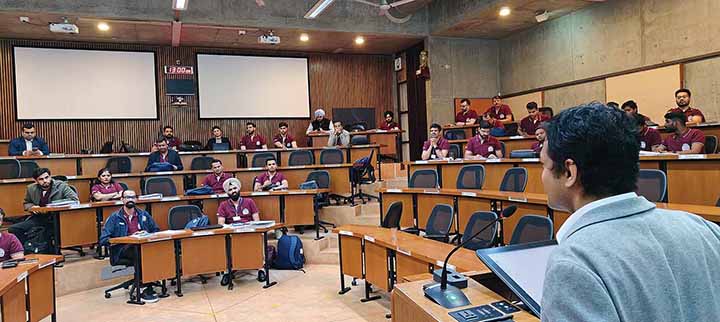
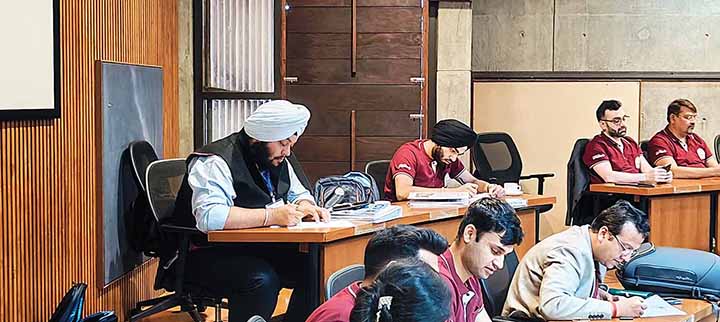

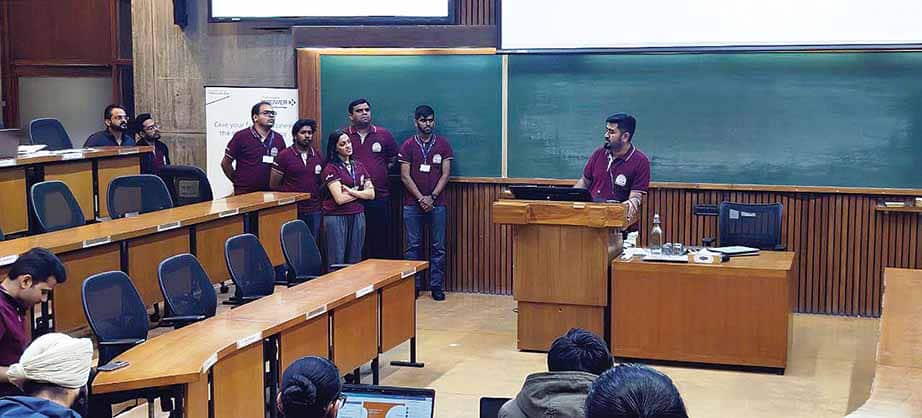
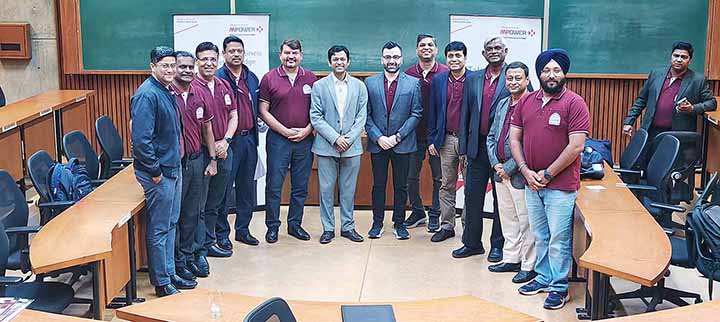



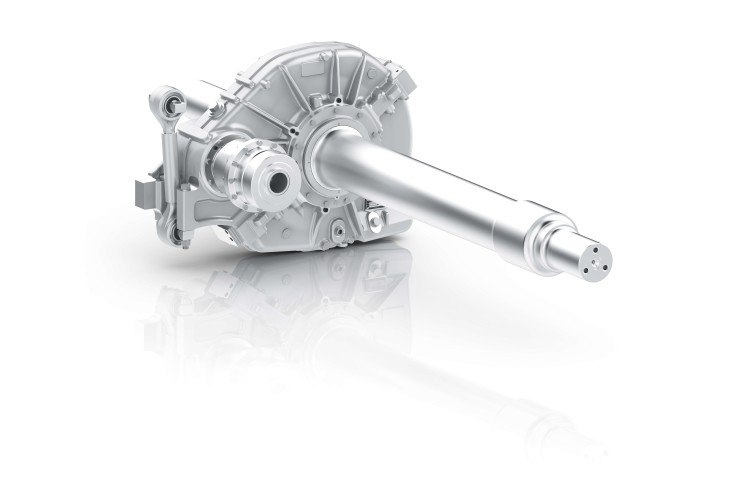
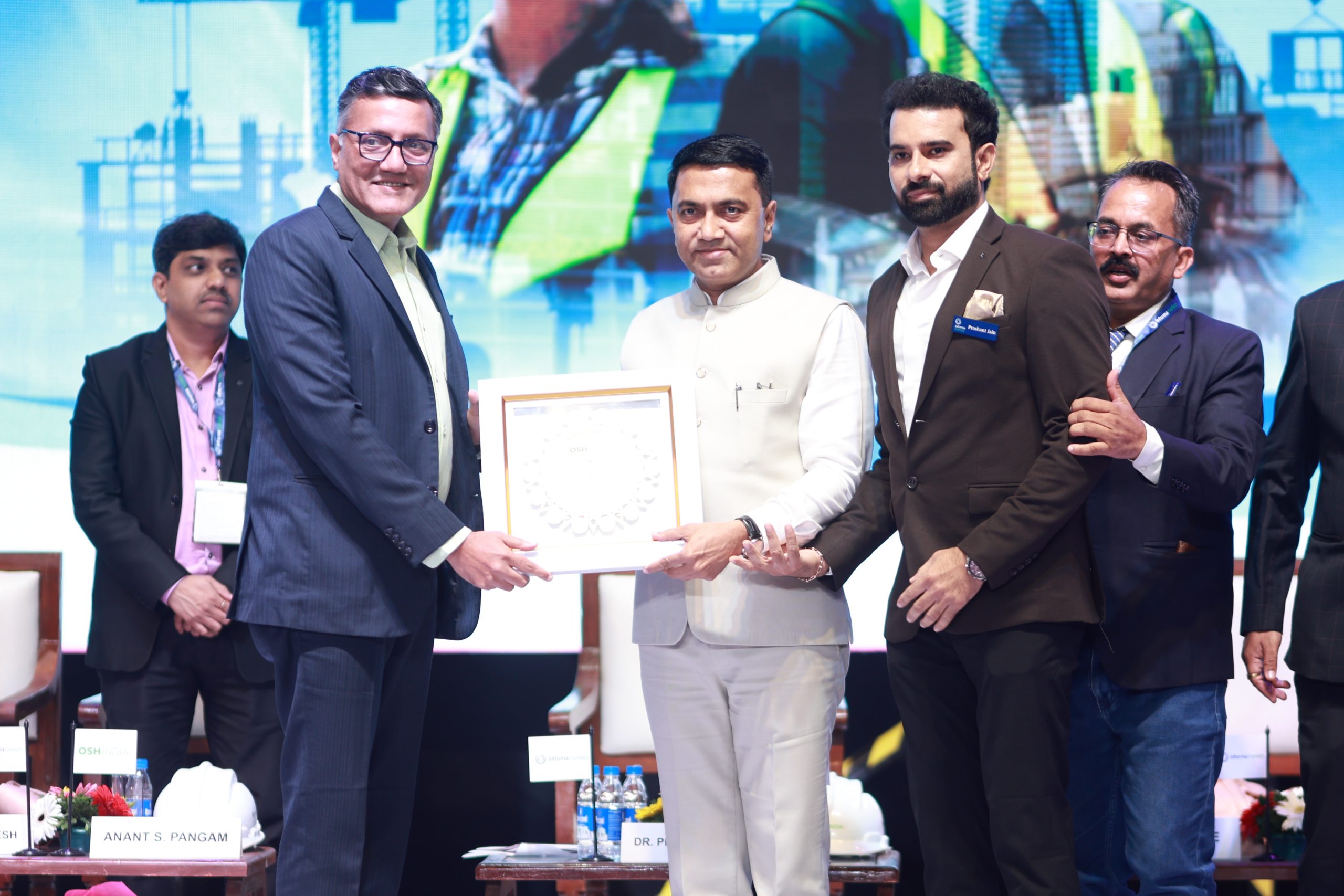

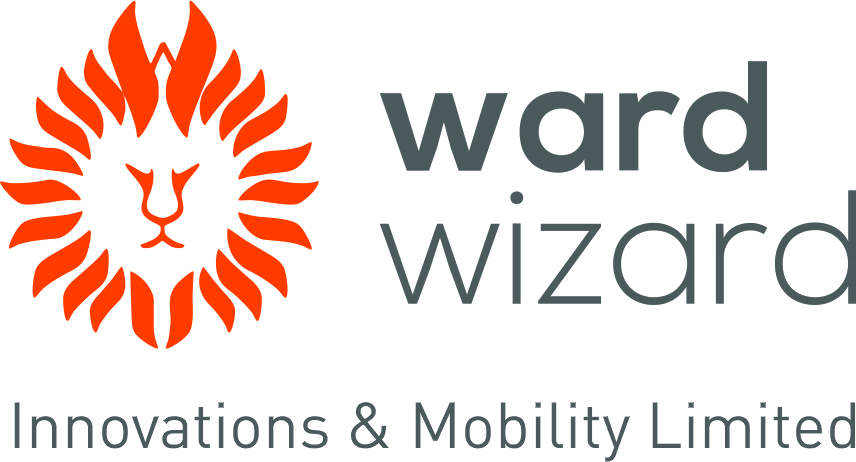





Leave a Reply